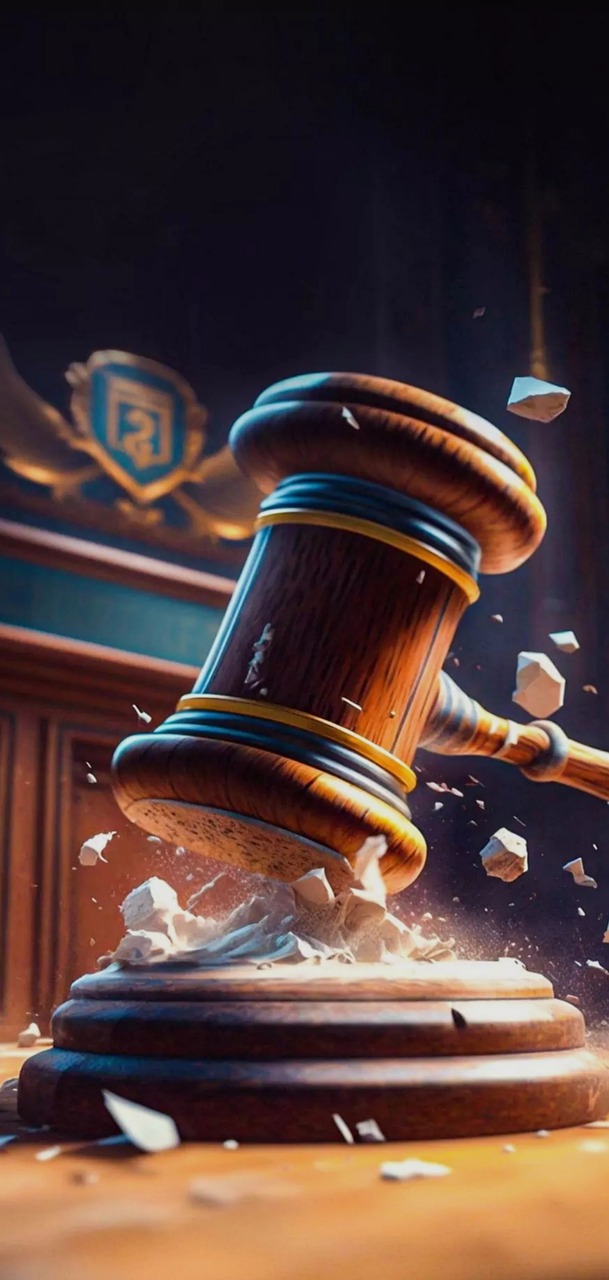“UK Supreme Court Denies AI Patent Claim” In a groundbreaking decision, the UK Supreme Court has unequivocally asserted the exclusive role of human inventors, dealing a significant blow to the quest for AI-driven patents. This landmark ruling challenges the boundaries of artificial intelligence in the realm of intellectual property and innovation, sparking crucial debates on the evolving landscape of invention and patent rights.
The AI Patent Claim Challenge: The case in question raised fundamental questions about whether artificial intelligence systems can be recognized as inventors and granted patent rights. Advocates argued for the autonomy and creative capabilities of AI, while skeptics questioned the legal and ethical implications of such a paradigm shift “UK Supreme Court Denies AI Patent Claim.”
.
Human-Centric Innovation: The court’s decision underscores a commitment to human ingenuity as the driving force behind innovation. By rejecting AI as inventors, the ruling reinforces the notion that patents are a reward for human intellect and creativity, traits deemed distinctively human. Legal Precedents and Implications: Examining the legal precedents that informed the decision, the article delves into the implications for future patent applications involving AI. This ruling sets a significant precedent, shaping the legal landscape for AI-related inventions not only in the UK but potentially influencing global perspectives on AI patent claims. “UK Supreme Court Denies AI Patent Claim”
Ethical Considerations: Beyond the legal realm, the article explores the ethical considerations surrounding AI inventors. Questions of accountability, responsibility, and the potential societal impact of AI-generated innovations are thrust into the spotlight, prompting a broader conversation about the ethical dimensions of AI in the inventive process.
Innovation in the AI Era: The court’s decision also prompts reflection on the future trajectory of innovation in the AI era. As technology continues to advance, what role should AI play in the creative process, and how can societies strike a balance between fostering technological progress and preserving human-centric values?
The UK Supreme Court’s denial of an AI patent claim marks a pivotal moment in the ongoing dialogue about the intersection of artificial intelligence and intellectual property. As the legal and ethical implications reverberate, this ruling invites stakeholders across industries to consider the broader implications for innovation, ethics, and the evolving relationship between humans and technology.
Assessing the global repercussions of the UK Supreme Court’s decision, the article explores how other jurisdictions might respond to similar challenges. As nations grapple with the complexities of AI and intellectual property, this ruling sets a tone that could influence international discourse and policy development Technology Industry Response: The decision is likely to have a profound impact on the technology industry, particularly companies investing heavily in AI research and development. How will businesses adjust their strategies, and what implications might this ruling have for the future trajectory of AI-related innovations?
Potential Legislative Responses: In light of this ruling, there may be calls for legislative adjustments to accommodate the unique challenges posed by AI-driven inventions. The article considers the potential for new legislation or amendments to existing laws that could better address the intersection of AI and patent rights. Challenges to Human-Only Paradigm: While the ruling reinforces the importance of human inventors, it also prompts discussions about the challenges associated with a human-only paradigm. Are there scenarios where AI contributions should be acknowledged, and how can legal frameworks adapt to the dynamic and evolving nature of technology.
Future Trends in AI and Patent Law: Concluding the article, a look towards the future considers how this decision may shape the trajectory of AI development and patent law. What trends might emerge as a result, and how will the relationship between human inventors and AI continue to evolve in the ever-changing landscape of technology.


I appreciate the depth you bring to your writing. This article was not only informative but also incredibly inspiring.
I’ve recently started a blog, the information you provide on this site has helped me greatly. Thanks for all of your time & work.